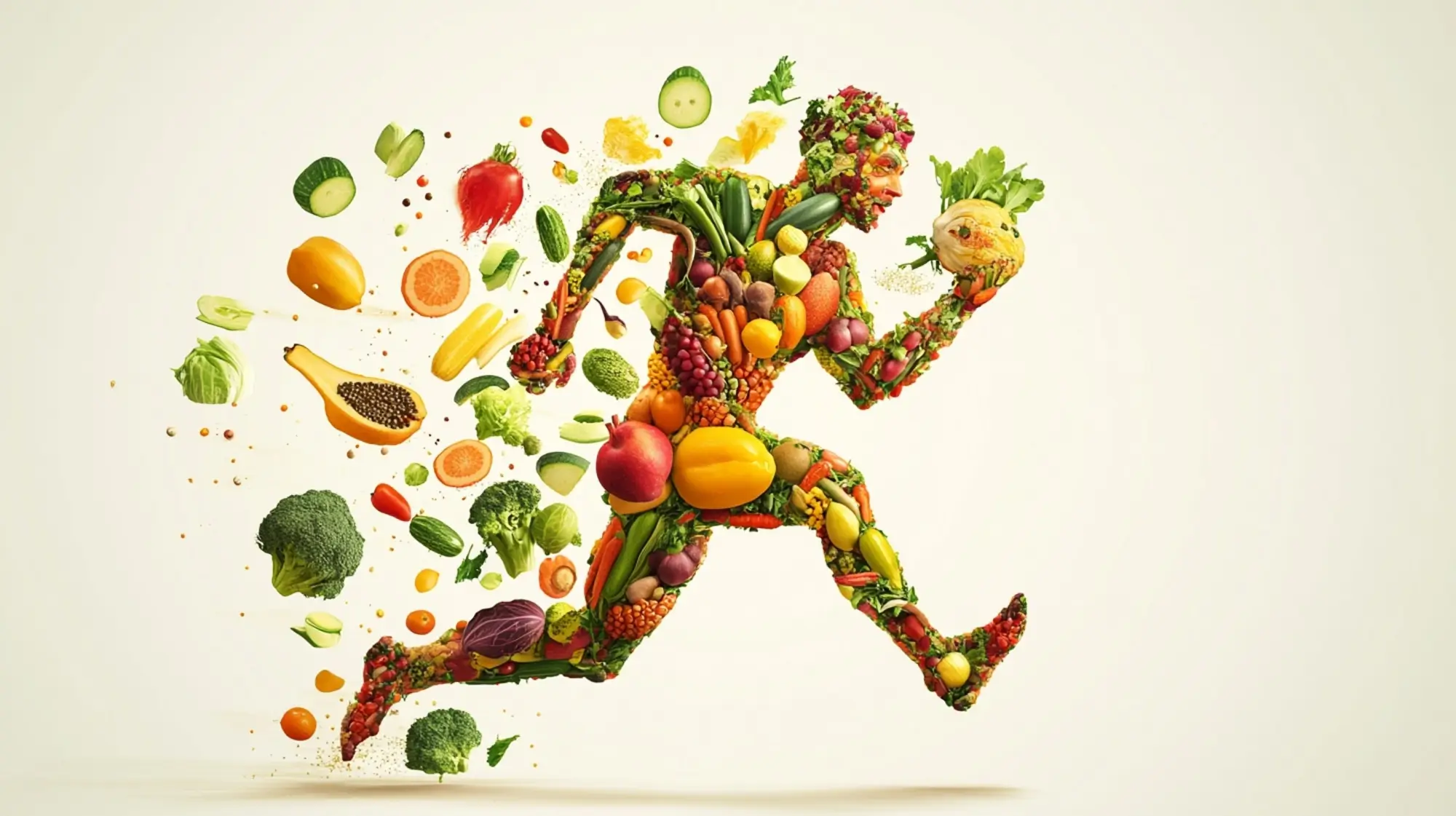As you begin your running journey, you don’t need to drastically change your diet. However, as your training intensifies, your body will require some adjustments to meet its new nutritional needs.
Here are some fundamental guidelines to fuel your body effectively:
Energy for Running ⚡️
- When you run, your muscles rely on stored energy, with carbohydrates and fats being the primary fuel sources.
- Your body has limited carbohydrate stores (glycogen in your muscles), while fat reserves are more abundant. Fatigue often occurs when glycogen levels are depleted.
- To maintain your energy levels, keep your glycogen stores replenished daily.
- Have a low-fat, high-carbohydrate snack or meal 2-3 hours before your workout to ensure your stomach has time to empty and provide energy.
- After exercising, begin refueling promptly to restore your energy stores. The amount you need depends on the intensity and duration of your training.
Staying Hydrated 💧
- Hydration is key—drink water before, during, and after workouts.
- Don’t overconsume; simply avoid waiting until you’re thirsty, as that can be a sign of dehydration.
Eating a Varied Diet 🥦🍞
- A diverse diet incorporating all five major food groups (fruits, vegetables, grains, proteins, and dairy) is essential for optimal nutrition.
- Keep in mind, additional vitamins and minerals generally don’t enhance performance beyond a balanced diet.
With these simple nutrition tips, you can fuel your body for a successful running journey! Stay hydrated, nourish yourself, and keep running strong! 💪

